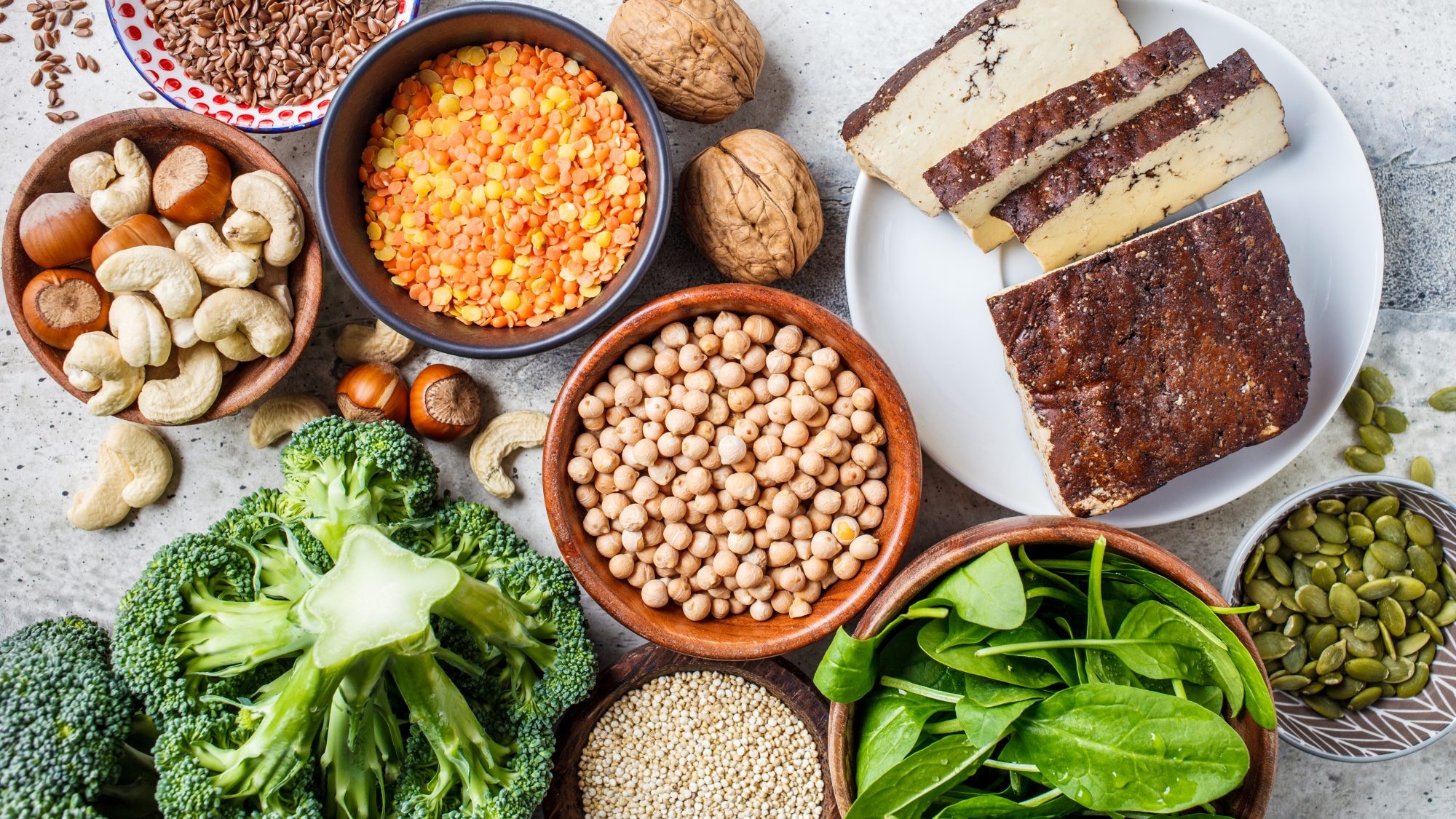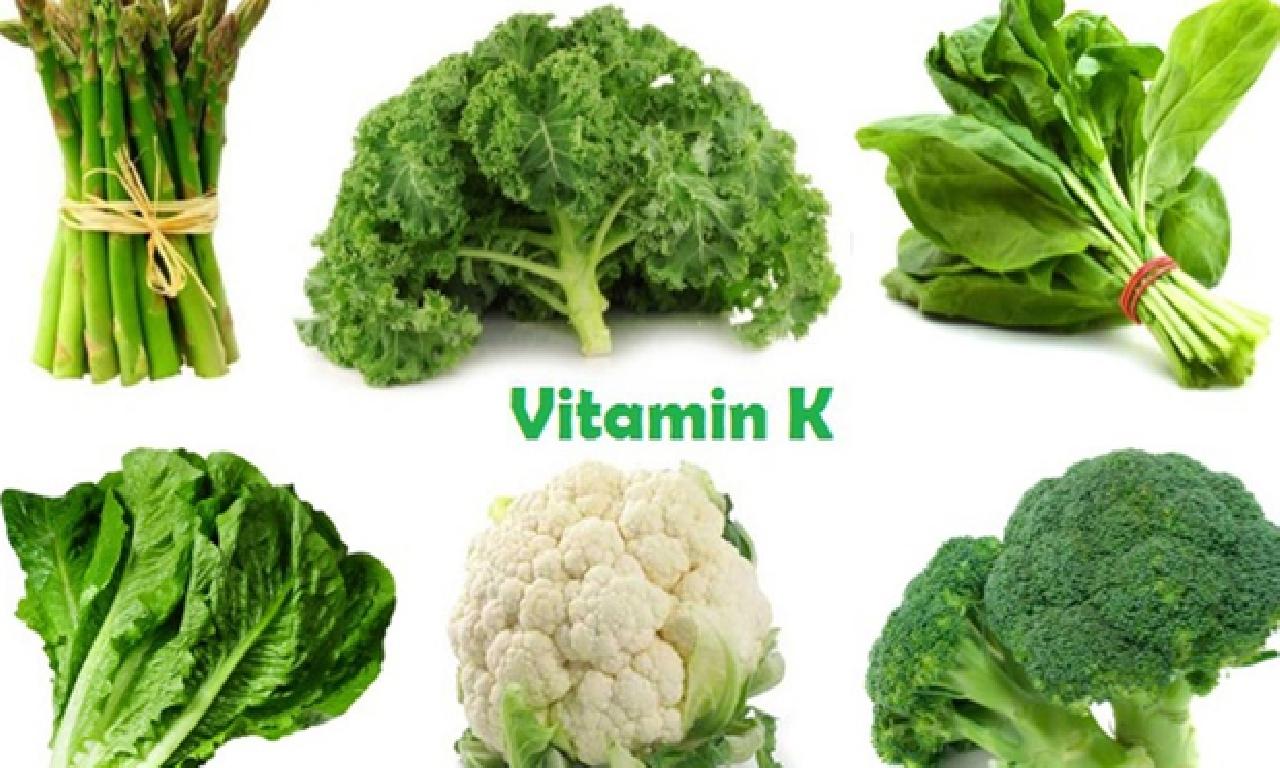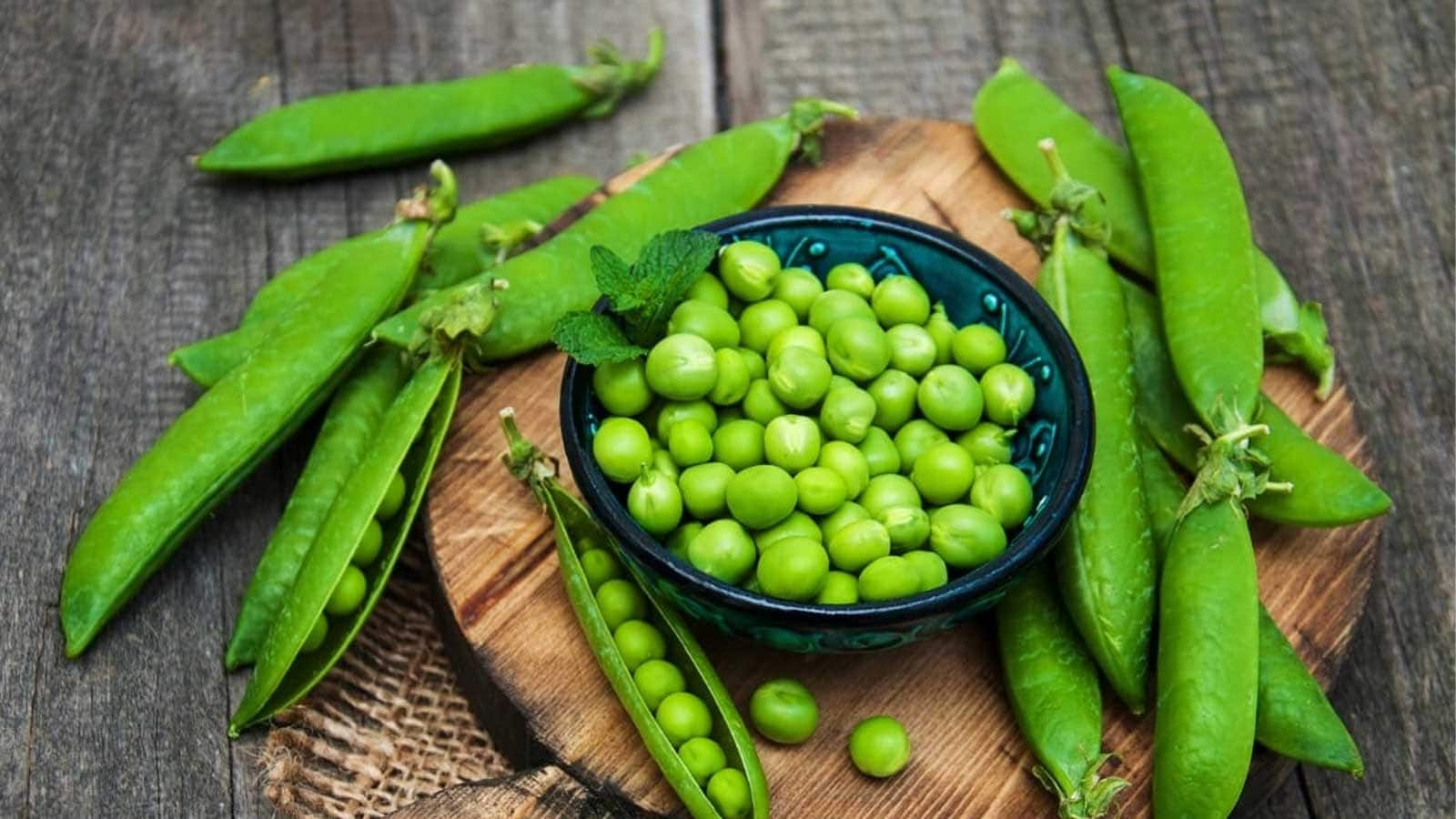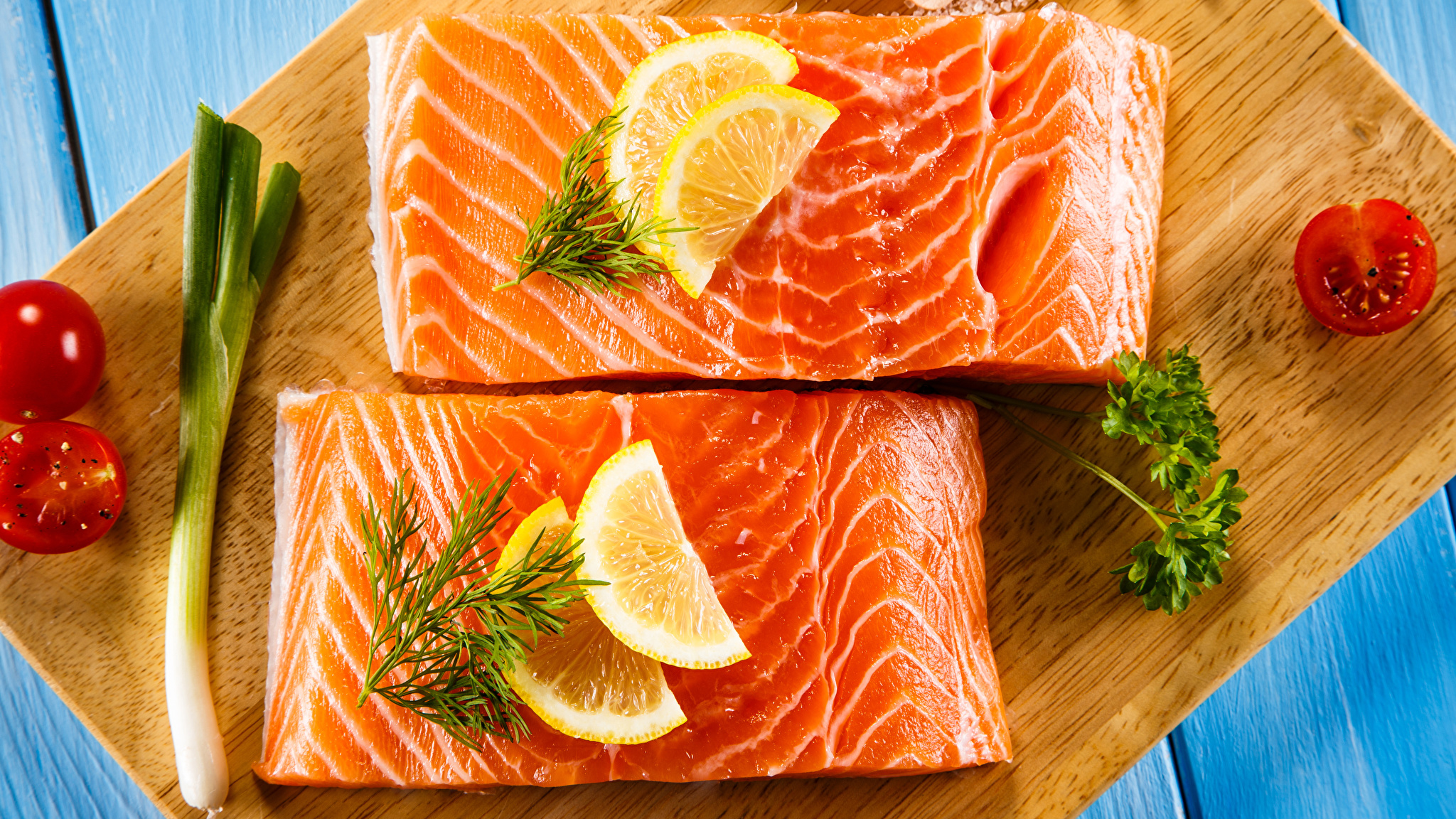Introduction:
Calcium is an essential mineral that plays a crucial role in maintaining strong bones and teeth, promoting proper muscle function, and supporting overall health. While dairy products are often associated with calcium, they are not the only source available. Vegan diets, which exclude animal products, can also provide abundant amounts of calcium. In this comprehensive guide, we will explore the top 10 vegan sources of calcium, discussing their nutritional profiles, recommended servings, and ideas for incorporating them into your daily meals.
Sesame Seeds:
Sesame seeds are tiny nutritional powerhouses packed with calcium. Just one tablespoon of these seeds provides approximately 88 mg of calcium. Additionally, they are rich in other essential minerals and healthy fats. Sprinkle sesame seeds on salads, stir-fries, or toast them and use as a topping for various dishes to boost your calcium intake.
Almonds:
Almonds are not only a great source of protein and healthy fats but also contain significant amounts of calcium. A quarter cup of almonds contains around 92 mg of calcium. Enjoy them as a convenient snack or add sliced almonds to your breakfast cereal, smoothies, or homemade granola.
Chia Seeds:
Chia seeds have gained popularity for their nutritional benefits, including their calcium content. Two tablespoons of chia seeds provide about 177 mg of calcium, making them an excellent addition to a vegan diet. These versatile seeds can be used in puddings, smoothies, baked goods, or as an egg substitute in recipes.
Tofu:
Tofu, made from soybean curds, is a staple in many vegan diets. In addition to being a good source of protein, tofu is also rich in calcium. The calcium content varies depending on the type of tofu, but half a cup of calcium-set tofu typically contains approximately 200-400 mg of calcium. Incorporate tofu into stir-fries, curries, salads, or use it as a meat substitute in various recipes.
Kale:
Kale is a nutrient-dense leafy green vegetable that provides an abundance of vitamins and minerals, including calcium. One cup of cooked kale contains around 94 mg of calcium. Enjoy kale in salads, sautéed as a side dish, or add it to soups and stews to increase your calcium intake.
Fortified Plant Milk:
Many plant-based milk alternatives, such as soy milk, almond milk, and oat milk, are fortified with calcium and other essential nutrients. Check the labels to ensure that the plant milk you choose contains added calcium. The calcium content can vary, but fortified plant milk generally provides about 200-300 mg of calcium per cup. Use plant milk in smoothies, cereals, or as a base for creamy sauces and desserts.
Blackstrap Molasses:
Blackstrap molasses is a thick, dark syrup that is a byproduct of the sugar refining process. It is a rich source of various minerals, including calcium. Two tablespoons of blackstrap molasses contain around 400 mg of calcium. Incorporate it into your baking recipes, use it as a sweetener in hot beverages, or drizzle it over pancakes and waffles.
Collard Greens:
Collard greens are another leafy green vegetable that is high in calcium. One cup of cooked collard greens provides approximately 266 mg of calcium. Include collard greens in your salads, sautés, or add them to soups and stews to enhance both flavor and nutritional value.
Tempeh:
Tempeh is a fermented soy product that offers a wealth of nutritional benefits. It is not only a good source of protein but also contains calcium. Half a cup of tempeh provides around 184 mg of calcium. Incorporate tempeh into stir-fries, sandwiches, or marinate and grill it for a delicious plant-based protein option.
Broccoli:
Broccoli is a versatile cruciferous vegetable that is not only rich in vitamins and fiber but also contains calcium. One cup of cooked broccoli contains approximately 62 mg of calcium. Enjoy broccoli in stir-fries, roasted as a side dish, or add it to salads and pasta dishes for added nutrition.
Conclusion:
Maintaining adequate calcium intake is crucial for vegans and non-vegans alike. By incorporating these top 10 vegan sources of calcium into your diet, you can ensure you meet your calcium requirements without relying on animal products. Experiment with these plant-based foods, combine them creatively, and enjoy the nutritional benefits they offer for optimal bone health and overall well-being. Remember to consult a healthcare professional or registered dietitian to determine your specific calcium needs and make appropriate dietary adjustments.
- Unlocking Cognitive Potential: The Benefits of Taurine Nootropics - November 4, 2023
- Top 10 Vegan Sources of Calcium - July 8, 2023





